Enjoying nature and getting some exercise can be achieved through hiking. It also offers some advantages for mental wellness.
You risk breaking your bone or spraining your ankle if you trip over a rock or root while trekking. For this reason, maintaining balance is crucial to the exercise.
Sources
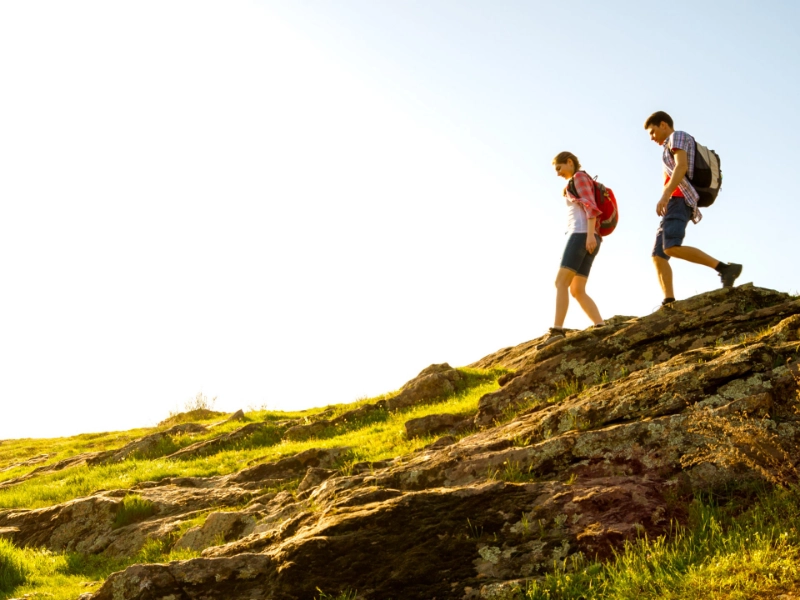
Hiking has been used historically for a variety of purposes, such as long-distance travel and as a mode of transportation. Walking to a sacred location or following in the footsteps of their spiritual guide was another aspect of the pilgrimage.
With the start of the Romantic movement in the seventeenth century, walking gained popularity as a recreational pastime. Authors and painters of the era exalted individualism, passion, and the natural world. Campaigns for the freedom to roam and the establishment of ambling clubs resulted from this.
Hiking became a popular recreational sport for affluent Europeans at this time. For many people, it's still a regular activity today. Although strolling is sometimes associated with hiking, the term can also apply to more strenuous hikes.
Categories
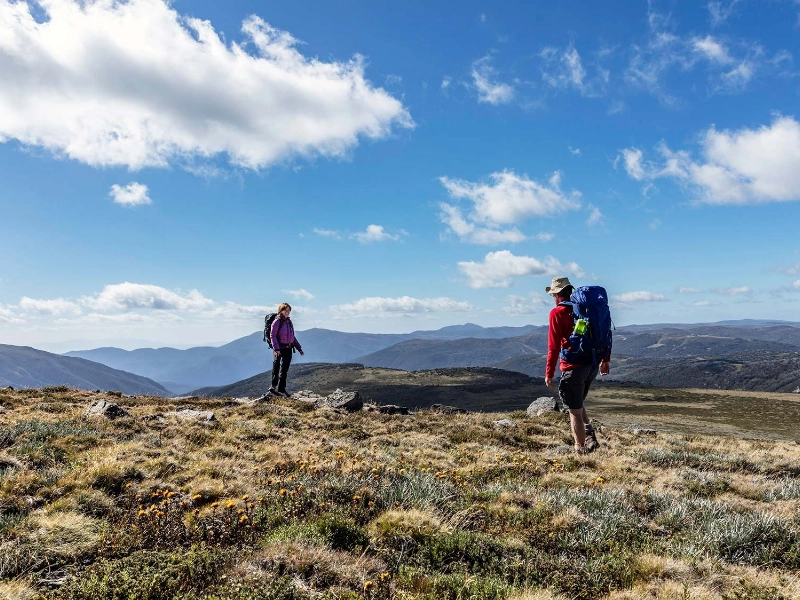
Hiking provides a range of experiences to suit varying tastes and skill levels. These include backpacking, thru-hiking, section hiking, and day hiking.
Because it's a personal challenge and a sense of accomplishment, hiking is enjoyable. Some hikers find that while they stroll through a peaceful forest or reach a rocky mountain, they might achieve a zen-like state of connection with nature.
A thru-hike, for the more daring, is an incredible experience that can take weeks or even months to finish. Hikers travel by foot, carrying only the necessities, so this takes a significant amount of time and dedication. They frequently set up camp every night, carry food in their backpacks, and encounter numerous physical obstacles. Hikers vouch for the fact that this experience has changed them for the better.
Security
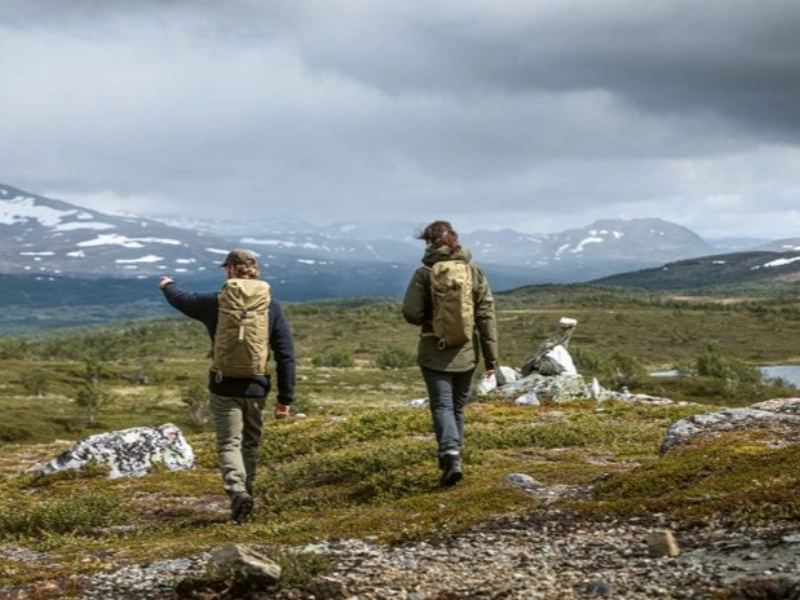
Hiking is a well-liked outdoor activity that promotes physical fitness, mental clarity, and appreciation of the environment. However, hiking necessitates the same safety measures as any other outdoor activity, such as wearing the proper gear, being cautious while making plans, and paying attention to the weather.
It is not advisable for hikers to trek through regions that are home to wildlife, such as bears and other large predators, or dangerous plants like stinging nettles, poison oak, and sumac. Hikers may keep aware of their surroundings and steer clear of any dangers by taking the time to listen for sounds, including those of animals.
It is advisable for hikers to have first aid supplies on hand and to be conversant with emergency protocols in case they become lost or stuck. It can also be helpful for hikers to have a whistle that can be blasted in three-second bursts (SOS) in case of an emergency.
Tools

Hiking is a great way to get outside, exercise, and take in Earth's natural beauty at a slow pace. It's also a demanding and thrilling activity that can strengthen your bonds with the natural world and the people in it.
Depending on the terrain and distance of the trek, different gear is required for hiking, such as rain-resistant clothing, a backpack big enough to carry all of your belongings, food, and water, and a compass or GPS for navigation. A first-aid pack and sunscreen to keep you safe from the sun are other necessities.
Extended outdoor walking excursions that need more preparation and time than hiking are referred to as trekking. On these expeditions, trekkers usually have a clearer purpose and bring more backpacks and gear.
Advice
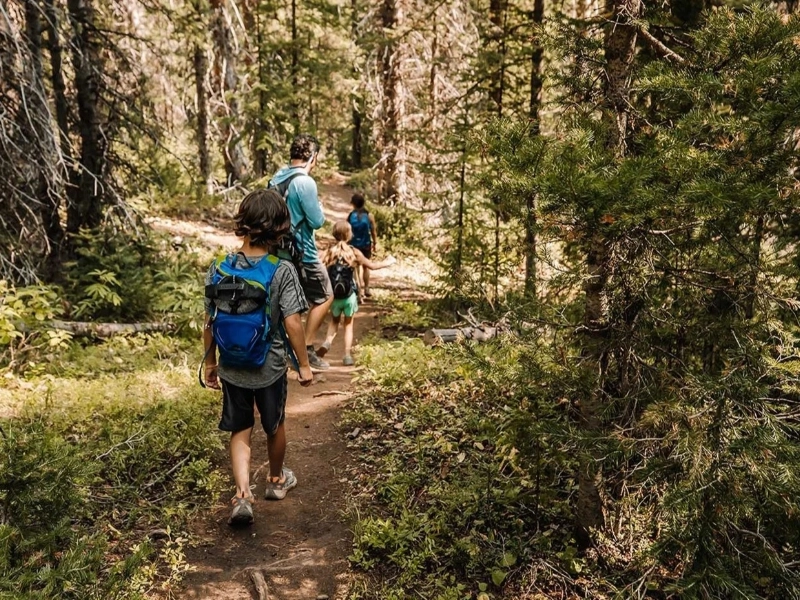
Hiking may be a psychologically and physically taxing activity. Additionally, it could be risky if you lack preparation, don't plan ahead, or have a medical problem.
Hiking demands the muscles to change into many different positions in order to handle rough terrain, in contrast to other kinds of exercise that just engage a few of these areas. This aids in fortifying the stabilising muscles that guard against sprains and strains.
Weight-bearing exercises like hiking help strengthen bones and muscles and improve endurance. In addition, it can help lower blood pressure, expand lung capacity, raise vitamin D levels, and elevate mood. Always dress and shoe appropriately, including wicking sportswear that will dry quickly after perspiration. Take along a bottle of water to stay hydrated.
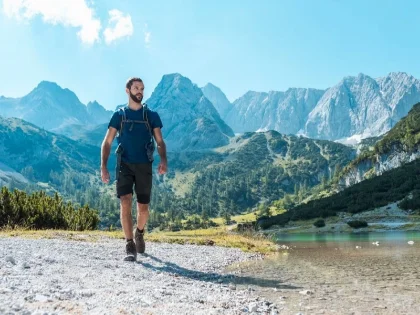
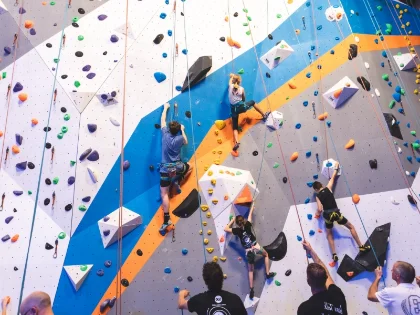
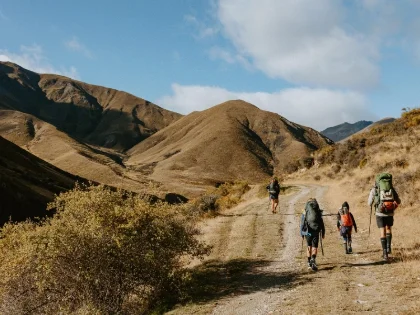

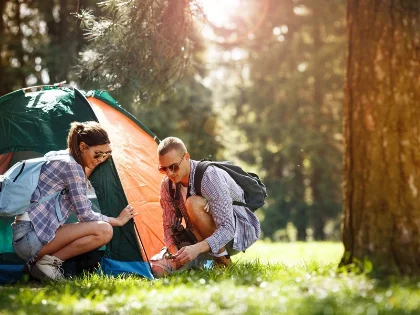
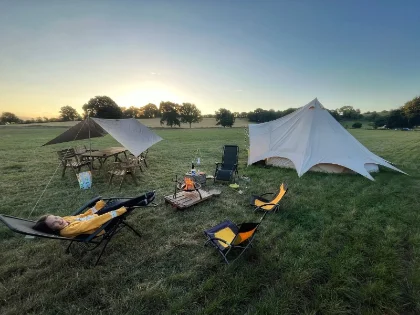



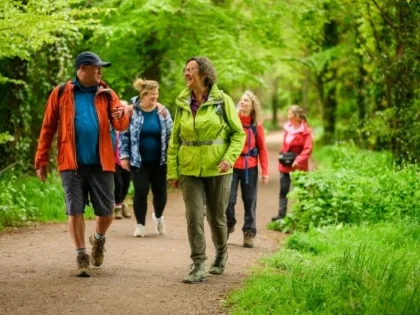

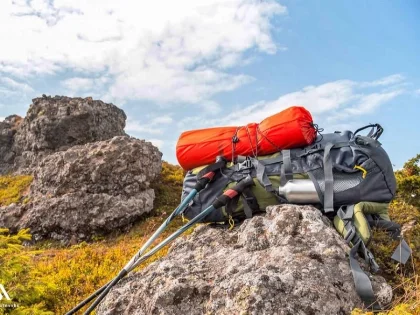


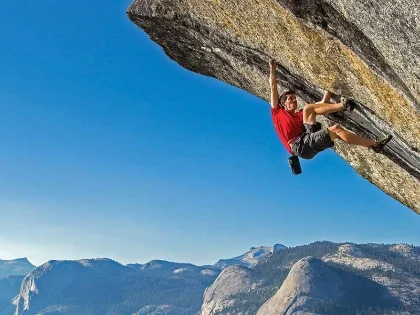
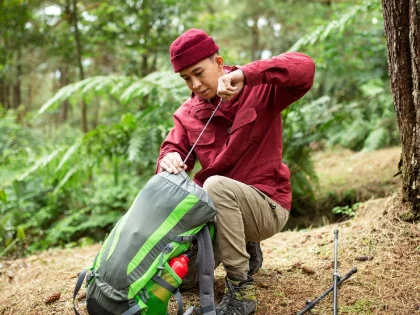
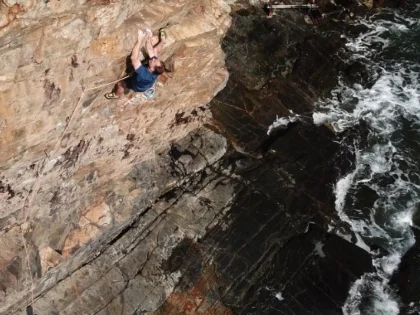


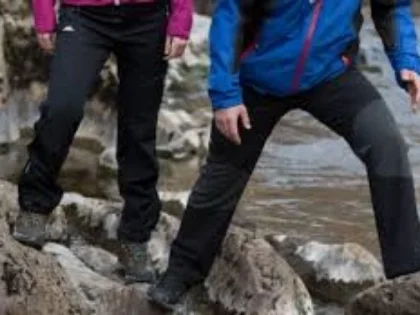

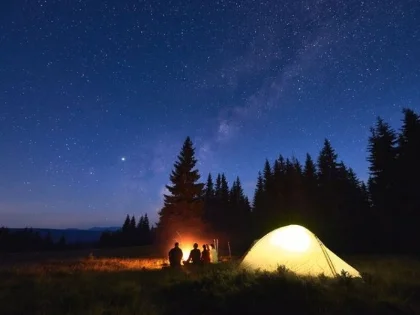


Comments
Leave a Comment
Your email address will not be published. Required fields are marked *